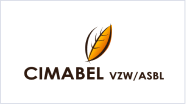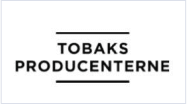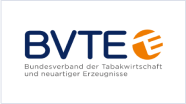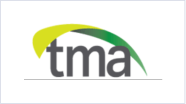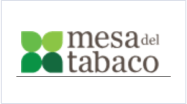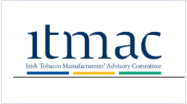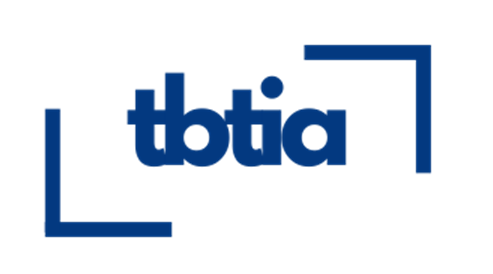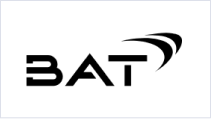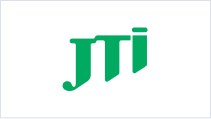What we do
Tobacco Europe AISBL represents the major European–based tobacco and nicotine products manufacturers which includes British American Tobacco (BAT), Imperial Brands (IMB), and Japan Tobacco International (JTI).
Our mission is to support responsible EU policymaking, in advancing balanced and science-based regulation for tobacco and nicotine products. Tobacco Europe and its members are legitimate, transparent and accountable stakeholders in European regulatory debates.
Role and Responsibilities
Our mandate
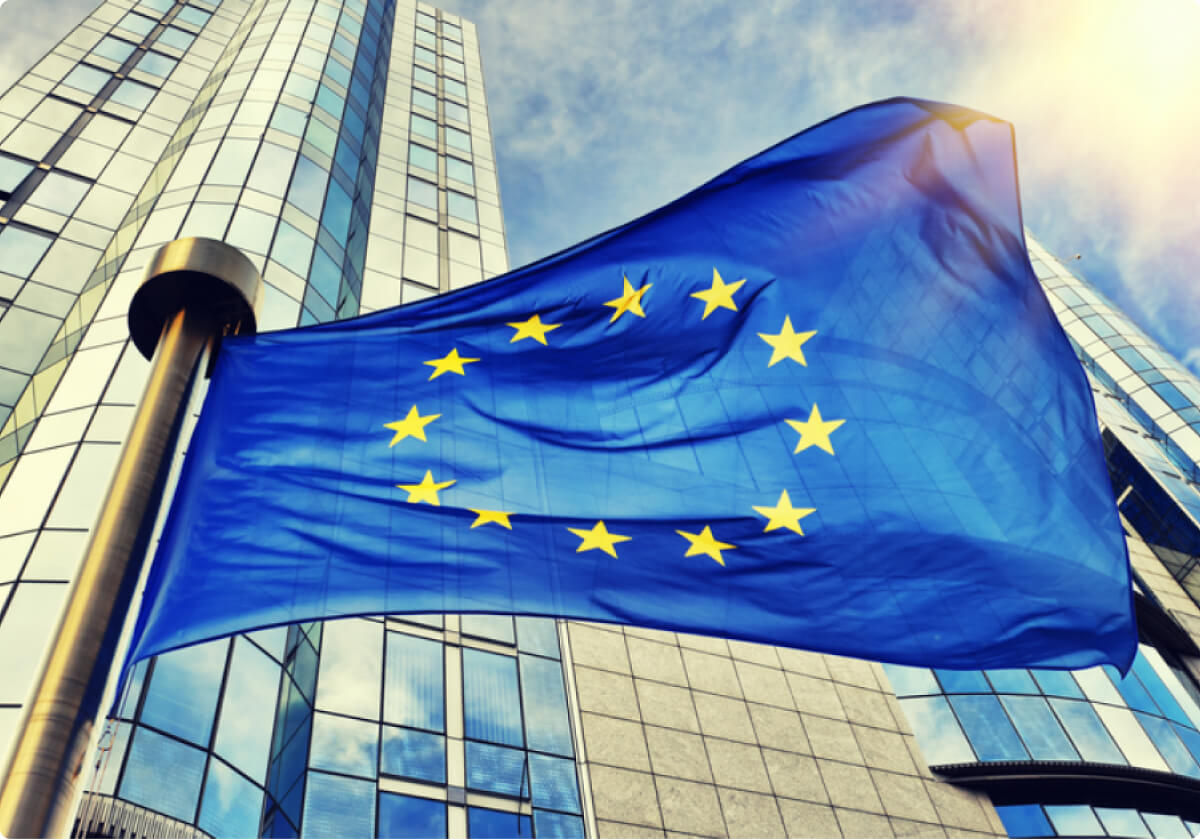
Major Manufacturers Representation
Tobacco Europe is the European umbrella organisation representing the three largest tobacco and nicotine products manufacturers, namely British American Tobacco, Imperial Brands and Japan Tobacco International.
Compliance and Ethics
Our association complies with all applicable laws and regulations and adheres to the EU interest representatives’ code of conduct, as well as to those of its Members, and is in the EU Transparency Register (1496873833-97).


Support for Reasonable Legislation
Tobacco Europe supports tobacco and nicotine product legislation which is reasonable, proportionate, evidence based, and that complies with both the EU Better Regulation principles and the smooth functioning of EU internal market.
Our mission
The new landscape of the nicotine market
Over the last decade, the nicotine market has dramatically changed. Historically, adult consumers enjoyed the social, physiological and ritual effects of nicotine through smoking cigarettes. Driven by adult consumers’ preferences, e-vapour products, heated tobacco products and tobacco-free nicotine pouches have now become for a growing share of consumers the preferred method of consuming nicotine. This trend is expected to continue in the coming years. Backed by years of investments in R&D, TE companies have developed a new range of alternative products to cigarettes, all with a potentially reduced-risk profile compared to smoking.
Cigarettes are combusted through the burning of tobacco to provide nicotine. The burning of tobacco generates many toxic and carcinogenic compounds, which are inhaled during smoking and increase the risk of smoking-related developing disease, not nicotine.By contrast, new products do not require combustion - and are smokeless - to provide nicotine.
A growing body of scientific evidence, recognized by numerous Health authorities, supports the view that such products have the potential to reduce the risks associated with smoking’. Thus, they represent a unique opportunity to reduce the harm related to the consumption of nicotine and contribute to the Europe’s Beating Cancer Plan objectives.
As these alternative products are not totally risk-free and nicotine is addictive, a key priority must be that minors have no access to these products just as they are prohibited from accessing cigarettes; and public authorities should rightly focus on safeguards to avoid this. This is also why those products should be regulated in order to ensure their quality and access only to adult consumers.
Overall, a balanced regulatory framework based on a harm reduction principle will encourage the development and availability of these potentially reduced risk alternative products and actively support adult smokers who may be considering changing their consumption patterns. This will thus allow the EU to draw the full potential benefit of these innovative solutions.
Our goals
What we stand for
Tobacco Europe members stand committed to reducing the health impact of smoking in Europe.
Tobacco Europe companies, believing that only innovation can offer the best alternatives to smoking, continue to invest heavily in R&D, to be at the forefront of the development of such new products, to establish scientifically and in full transparency the risk profile of our potentially reduced risk products, to inform adult consumers and to provide them with the opportunity to choose tobacco and/or nicotine products which offer potentially reduced risk compared to continued smoking.
01
Protecting Minors from Tobacco Access
02
Adult Choice
and Compliance
and Compliance
03
Balanced
Legislation
Legislation
Tobacco Europe companies firmly believe that children and minors should not smoke and should not be able to obtain tobacco products. As such, they apply to new nicotine products the same principles that exist for combustibles: Tobacco Europe companies do not market or sell their products to minors, they actively work to support retailers to enforce these principles and support regulatory measures that effectively block minors’ ability to obtain cigarettes and nicotine products.
Tobacco Europe companies, with regard to combustible products, value and believe in freedom of choice for informed adults. They are clear and transparent about smoking’s health effects and ensure that all adult consumers of combustible tobacco products understand these risks.
Tobacco Europe companies comply with all laws and regulations governing our products and industry.
The potential impact of any proposed or new legislation on the further development of the dangerous illicit trade of tobacco products should be taken into consideration. Illicit products rarely comply with regulations, especially regarding youth access. They do not contribute to Member States’ tax revenues and undermine the European Union health policy.
Where new legislation is being developed, regulators should carefully weigh its impact on adults’ ability to transition to potentially reduced risk products and craft a balanced regulatory framework. Ill-conceived legislation has the potential to derail adult consumers’ transition to alternative nicotine products, inadvertently harm businesses and further encourage illicit trade in tobacco and nicotine products.
Tobacco Europe companies encourage a regulatory approach that puts consumer safety and product quality first, while encouraging the innovation, marketing and distribution freedoms that would allow the growth of potentially Reduced Risks Products to maximize their potential benefit to public health.
Tobacco Europe companies comply with all laws and regulations governing our products and industry.
The potential impact of any proposed or new legislation on the further development of the dangerous illicit trade of tobacco products should be taken into consideration. Illicit products rarely comply with regulations, especially regarding youth access. They do not contribute to Member States’ tax revenues and undermine the European Union health policy.
Where new legislation is being developed, regulators should carefully weigh its impact on adults’ ability to transition to potentially reduced risk products and craft a balanced regulatory framework. Ill-conceived legislation has the potential to derail adult consumers’ transition to alternative nicotine products, inadvertently harm businesses and further encourage illicit trade in tobacco and nicotine products.
Tobacco Europe companies encourage a regulatory approach that puts consumer safety and product quality first, while encouraging the innovation, marketing and distribution freedoms that would allow the growth of potentially Reduced Risks Products to maximize their potential benefit to public health.
Article 5.3 of the FCTC
The Framework Convention on Tobacco Control (FCTC, entry into force in 2005) is the first treaty negotiated under the auspices of World Health Organisation (WHO) developing a regulatory strategy to reduce tobacco use and exposure to tobacco smoke.
The Article 5.3 of the Treaty requires that “in setting and implementing their public health policies with respect to tobacco control, Parties shall act to protect these policies from commercial and other vested interests of the tobacco industry in accordance with national law”.
In 2008, the Conference of the Parties (COP) to the FCTC collectively adopted guidelines setting out 4 non-binding principles and 8 non-binding recommendations to support the implementation of Article 5.3. Among these 4 non-binding principles, one principle specifically addresses relations with the Tobacco Industry representatives and clearly states interactions shall be “accountable and transparent”.
The two sub-recommendations made for this principle request the “necessary interactions” to be “conducted transparently” but do not mandate or suggest the exclusion of the industry at any stage.
More importantly, Article 5.3 and its related principles seek to protect public health policies exclusively, and do not encompass other policies fields dealing with the Tobacco Industry. In this instance, no marginalization can be justified under Article 5.3 for dossiers unrelated to public health policies such as environmental, customs or financial dossiers.
All in all, Tobacco Europe believes that FCTC Article 5.3 provides an opportunity to improve transparency, inclusivity, and the integrity of a decision-making process – especially in conjunction with the EU and OECD principles of Better Regulation.
Tobacco Europe and its members are legitimate, transparent and accountable stakeholders in European regulatory debates. The tobacco industry is a legal and integral partner of the EU institutions when it comes to tobacco-related legislation in the EU and rightly expects to be part of the decision-making process, as any other stakeholder.
Importantly, this was further highlighted by the EU Court of Justice recently (February 2022), when delivering a judgement in the case C- 160/20 on the methods to measure the emission levels in which it clearly stressed that Article 5.3 of the FCTC does not prohibit all tobacco industry involvement in tobacco control policymaking but seeks to prevent tobacco control policies from being influenced by tobacco industry interests.
In 2008, the Conference of the Parties (COP) to the FCTC collectively adopted guidelines setting out 4 non-binding principles and 8 non-binding recommendations to support the implementation of Article 5.3. Among these 4 non-binding principles, one principle specifically addresses relations with the Tobacco Industry representatives and clearly states interactions shall be “accountable and transparent”.
The two sub-recommendations made for this principle request the “necessary interactions” to be “conducted transparently” but do not mandate or suggest the exclusion of the industry at any stage.
More importantly, Article 5.3 and its related principles seek to protect public health policies exclusively, and do not encompass other policies fields dealing with the Tobacco Industry. In this instance, no marginalization can be justified under Article 5.3 for dossiers unrelated to public health policies such as environmental, customs or financial dossiers.
All in all, Tobacco Europe believes that FCTC Article 5.3 provides an opportunity to improve transparency, inclusivity, and the integrity of a decision-making process – especially in conjunction with the EU and OECD principles of Better Regulation.
Tobacco Europe and its members are legitimate, transparent and accountable stakeholders in European regulatory debates. The tobacco industry is a legal and integral partner of the EU institutions when it comes to tobacco-related legislation in the EU and rightly expects to be part of the decision-making process, as any other stakeholder.
Importantly, this was further highlighted by the EU Court of Justice recently (February 2022), when delivering a judgement in the case C- 160/20 on the methods to measure the emission levels in which it clearly stressed that Article 5.3 of the FCTC does not prohibit all tobacco industry involvement in tobacco control policymaking but seeks to prevent tobacco control policies from being influenced by tobacco industry interests.
The Tobacco Europe Secretariat
Who we are
The Tobacco Europe secretariat is responsible for establishing and maintaining working relations with the EU Institutions. It supports the work of the Tobacco Europe working groups, collects and circulates information on regulatory developments relating to tobacco and nicotine products, ensures that Tobacco Europe’s views are presented in the EU circle and interacts with a large number of stakeholders.
Nathalie Darge
Secretary General
nathalie@tobacco-europe.eu
+32 2 319 27 65

Nathalie is responsible in the overall management of the Association, including communication with key stakeholders and the press.
Nathalie Darge is an experienced public affairs professional currently running Tobacco Europe, the European umbrella organisation representing the tobacco and nicotine products manufacturers, as the Secretary General. Prior to joining Tobacco Europe, she spent nearly ten years at the European Steel Association, EUROFER.
Ilias Konteas
Public Affairs Director
ilias@tobacco-europe.eu

Ilias Konteas is responsible for the public affairs activities of the Association, including engagement with EU institutions and key stakeholders.
Ilias Konteas is an experienced public affairs professional currently serving as Director of Public Affairs at Tobacco Europe, the European umbrella organisation representing tobacco and nicotine products manufacturers. Prior to joining Tobacco Europe, he held senior positions at BUSINESSEUROPE and at European media associations in Brussels.
Alix Carlier
Public Affairs Manager
alix@tobacco-europe.eu

Alix holds a Lobbying and European Affairs Master’s Degree from the Catholic Institute of Paris.
Prior to joining Tobacco Europe, Alix worked 3 years in the alcohol industry at Pernod Ricard within the “Alcohol in Society” department, in charge of the responsible drinking strategy globally, and 1 year in the textile industry within the Sustainability and Public Affairs department.
The organizational chart
The board of directors
The Board of Directors is composed of six Directors, representing the three Tobacco Europe Full members: (BAT, IMB and JTI). The Board decides on the regulatory objectives of Tobacco Europe and agrees on the working program and the activities of the Tobacco Europe working groups. The current Board Directors are:

John Clayton
External Affairs Vice President
JTI

Gary Tarrant
Global head of government affairs & external engagement
BAT

Niccolo Balzini
Director of Group Corporate Affairs and
CLA Operations
CLA Operations
Imperial brands

Ksenija Barysiene
EU Affairs Director
JTI
Fabio de Petris
Vice president EU affairs
BAT

Cyril Lalo
Head of EU engagement
Imperial brands
The working groups
Discussions on regulatory issues are held in different working groups, whose members represent the member companies. They are either chaired by member companies’ representatives or by the Secretariat.
Chair Executive Committee
Ksenija Barysiene
Chair Fiscal Affairs & Anti-Illicit Trade Working Group
Christa Pelsers
Chair of the ESG Industry Working Group
Efi Anastasiou
Chair Tobacco Product Regulation Working Group
Liliana Chaves
Chair Tobacco Product Directive Working Group
Francesco Gaglioppa
Chair Nicotine Pouches Working Group
Tobacco Europe Secretariat
Chair Plastics Industry Working Group
Tobacco Europe Secretariat
Chair NMAs Group
Nathalie Darge
Tobacco Value Chain
The National Manufacturers Associations
